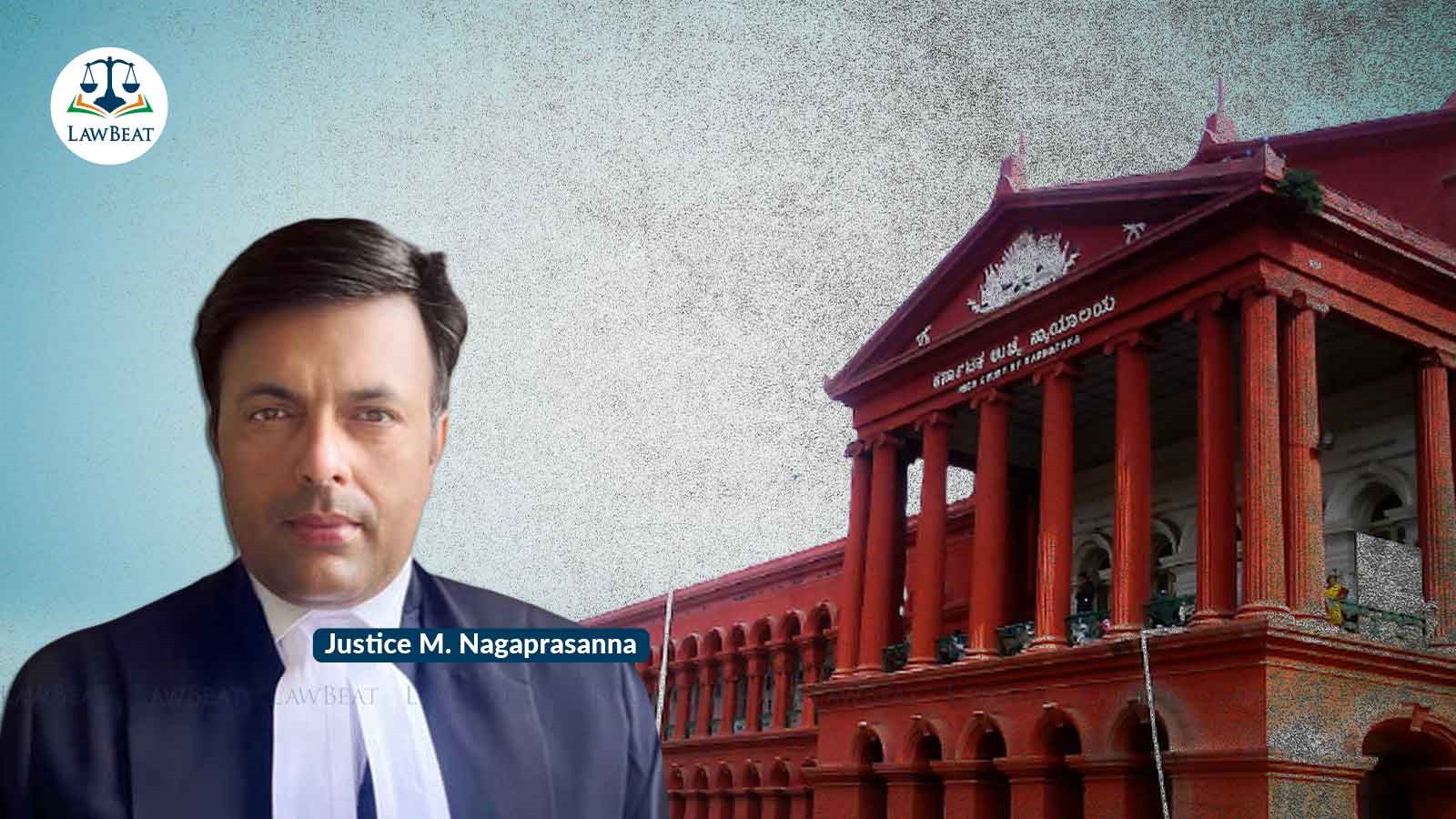Husband’s Paramour Not Family or Relative, Cannot be Dragged into 498A IPC proceedings : Karnataka HC

The court noted “If further proceedings are permitted to be continued, it would become an abuse of process of law”
The Karnataka High Court has clarified that a husband's paramour cannot be considered a relative or family member under Section 498A of the Indian Penal Code (IPC). The court exempted such individuals from proceedings under this section, which deals with cruelty by a husband or his relatives towards a wife.
A single judge bench comprising Justice M. Nagaprasanna, observed that “It is settled principle of law that a paramour of an accused cannot be dragged into proceedings under Section 498A of IPC as the said accused would not become a relative or a member of the family as is necessary under Section 498A of IPC.”
The case was filed by the wife of accused No. 1, alleging harassment by the husband, his family members, his alleged paramour, identified as the first petitioner, and the paramour’s mother. The marriage, which took place on February 7, 2022, quickly deteriorated, leading to the registration of multiple charges including offences under Sections 498A, 323, 324, 307, 420, 504, 506, and 34 of the IPC, along with Sections 3 and 4 of the Dowry Prohibition Act, 1961.
The primary legal issue was whether a paramour of the husband could be considered a relative or family member under Section 498A of the IPC. The petitioners argued that the complaint did not substantiate their inclusion in the investigation, contending that they were unnecessarily dragged into the proceedings without valid reason.
After hearing arguments from both sides, the court observed that the first petitioner was alleged to be the paramour of the husband. The court noted that a paramour does not qualify as a relative or family member under Section 498A of the IPC. Consequently, the charges under this section could not be sustained against her.
On the lack of evidence, the court remarked: “There is not even a titter of foundation laid in the complaint qua those offences against the first petitioner. Offences against the first petitioner are therefore loosely laid. The second petitioner, the mother of the first petitioner, is on the face of it unnecessarily dragged into these proceedings as not even a sentence of semblance of ingredients being present qua the offences so alleged.”
Addressing the potential abuse of process, the court stated: “If further proceedings are permitted to be continued, it would become an abuse of process of law.”
Resultantly, the High Court quashed the entire proceedings against the petitioners.
Cause Title: NANDINI NALLAPPAN v STATE OF KARNATAKA [CRL.P No. 88 of 2023]
